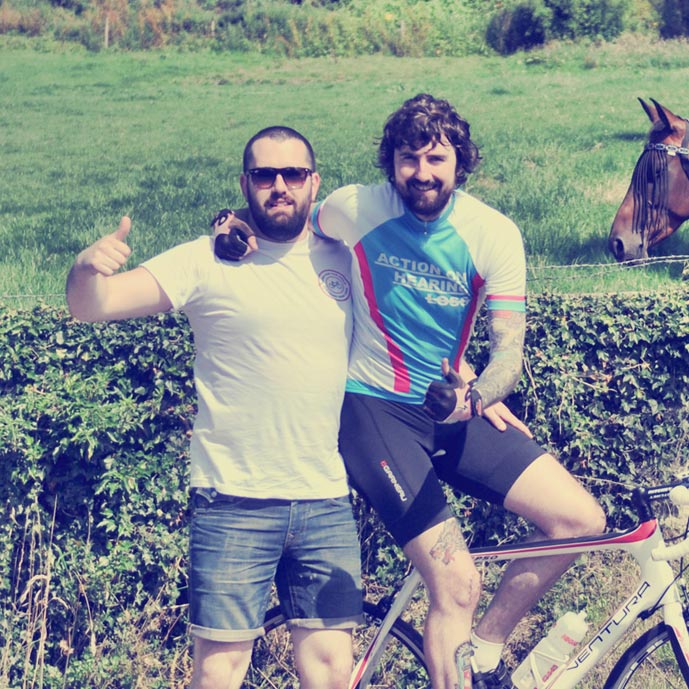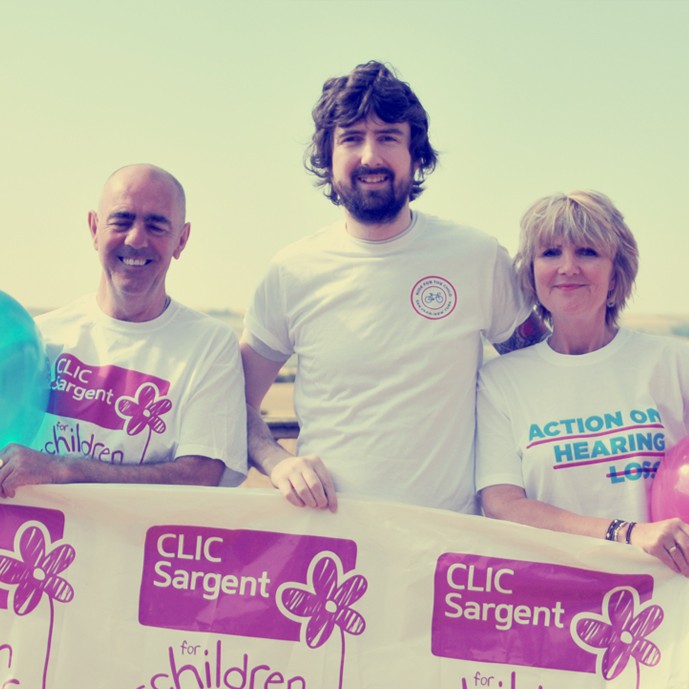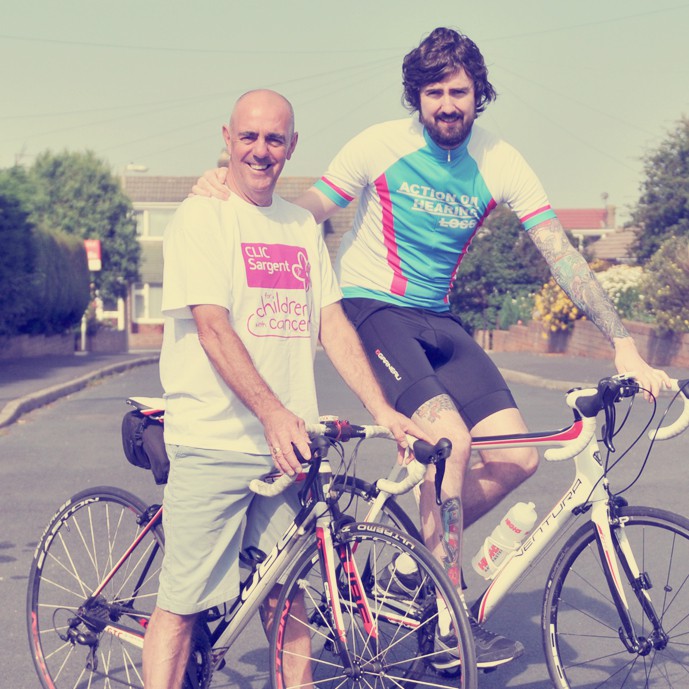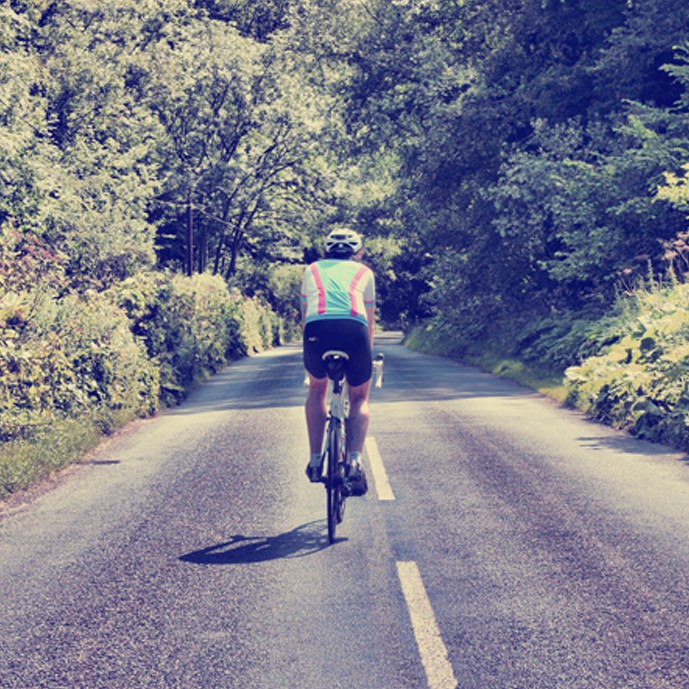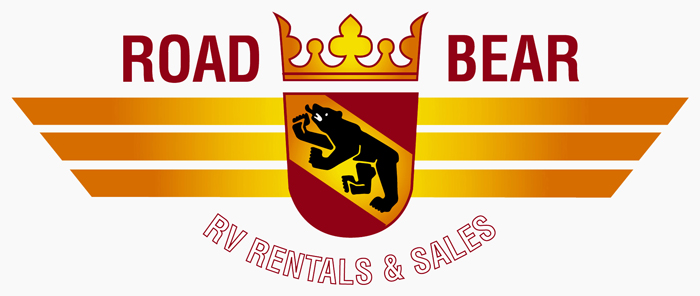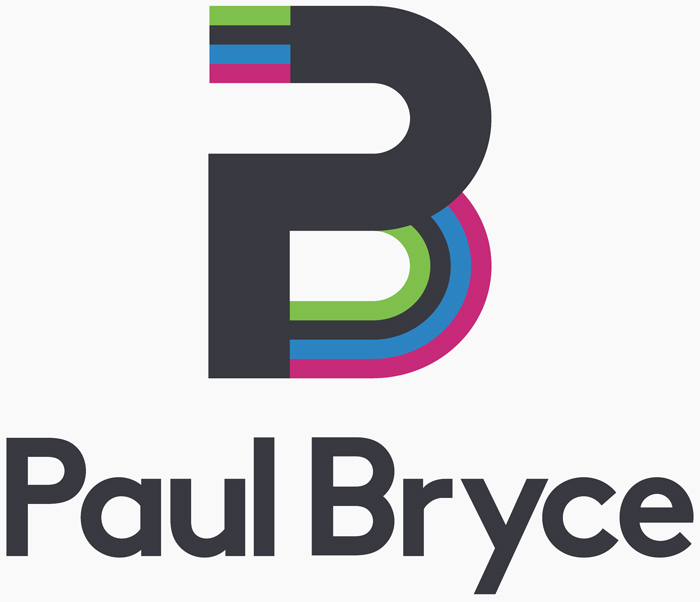October 20, 2015
Over the past few weeks I’ve been putting effort into learning about the different types of foods as one of my aims for this month is to start eating healthy. Recently – since I’ve been looking into endurance preparation – I keep reading/hearing the saying “you can’t out-train a bad diet”. I need all the energy I can get for my ride preparation so I was curious as to how foods can assist alongside my training.
I do feel a little bit embarrassed that, at 29 years of age, I’m not very knowledgeable about food. It’s only in the past year I have started to spend more time in the kitchen.
If I’m brutally honest I didn’t really know what happens to food once it digests into my body. It’s common knowledge that excessively eating some foods will make you fat, but I couldn’t say exactly why.
Macronutrients
There are three macronutrients (nutrients that form our diet). However there aren’t many foods that contain only one nutrient. Most are a combination of the three in varying amounts (I’m embarrassed to admit I didn’t know veg had sugar in).
The three macronutrients are carbohydrates, fats and protein.
Carbohydrates (carbs)
I have previously heard people describe that they are restricting their carb intake in order to lose weight. However carb is an incredibly broad description and they’re not all bad.
Put simply, carbs are a source of energy. When eaten they are converted to sugar which in turn is used to fuel cells such as the brain and muscles.
There are three different types of carb: sugar, starch and fibre.
Sugar is found in foods such as fruit, chocolate, biscuits, soft drinks, honey and vegetables.
Starch is basically sugars bonded together and is found in foods that come from plants. They include pasta, bread, rice and potatoes. Starches provide a slow and steady release of energy throughout the day.
Fibre is found in foods that come from plants. They include vegetables with skins on, wholegrain foods such as pasta and bread and pluses (beans and letils). Fibres help with the digestive system.
Carbs can be broken down into two categories, simple and complex.
Simple carbs are sugars. The body is able to break these down quickly and provide your body with fast energy. This will boost your energy in the short term but once used it will leave you feeling hungry again.
Simple carbs include
- White bread
- Sugar
- Chocolate
- Most cereals
- Pasta
- Bagels
- Sweets
- Crisp
- Fried food
- Any white flour based product
The more complex the carb the better. Complex carbs pack more nutrients than simple carbs, because they’re high in fibre and digest more slowly. In addition, the starch content in complex carbs allows the body to be fueled for longer.
Complex carbs include
- Sweet potato
- Porridge oats
- Whole meal breads
- Brown rice
- Brown pasta
- Vegetables
- Quinoa
- Basmati rice
What do carbs do?
Generally speaking carbs are the body’s main source of energy. They’re broken down into a sugar (glucose) before being absorbed into the bloodstream. With the help of insulin, glucose enters the body’s cells and is used by the body for everything we do.
As previously mentioned, fibre plays a big part in the digestive workings of your body. It promotes good bowel health and therefore reduces the risk of disease such as heart disease, cancer and digestive problems.
A common misconception is that cutting out carbs will result in losing weight. A simple fact is if you consume more calories than you burn from any source (carbs, protein or fat) you will gain weight. Carbs and protein contain around the same calories per gram but fats can contain up to double the amount.
In short it’s better to avoid fats and stock up on carbs. Especially carbs that are high in fibre as this makes you feel fuller quicker so you’re less likely to over eat these than a bag of sweets.
The lowdown
30% of your diet should be starchy foods (potatoes, rice) and another 30% should be fruit and vegetables. This means that over 50% of a healthy diet should come from carbs.
Carbs and me
It goes without saying that I should avoid the really naughty sugary carbs such as chocolate and crisps as they’re not going to do my body much good. However sugary carbs such as fruit account for roughly 15% of my diet. I generally eat at least one fruit item a day, whether that’s a piece or a drink. Sugar is great when I need an extra boost on long rides, I’ve stopped a few times for a fizzy soft drink or some wine gums.
Simple carbs aren’t all bad, they just need to be earnt. When I get back from rides and I have depleted my energy stores I look to eat simple carbs in order to give my my body fuel quickly. A good meal when you get home would be a jam and banana sandwich on white bread. This will quickly turn in glucose and re-fuel my body.
Once this has settled I would then eat a meal that contains complex carbs, so maybe some sweet potatoes (yum) and veg, in order to give me more long term energy. This also provides starch and fibre to help my body get ready for my next session.
When I’m really hungry I will overload my plate with fibrous carbs such as vegetables. This will fill me up fast, give me loads of energy and it won’t make me fat!
The night before a ride I will increase my complex carb intake so that I have stored energy ready for the morning. I don’t really like to eat much before I exercise but ideally I shoudl have something like porridge, pancakes or omelette. If I’m in a rush I will have a breakfast bar or a fruit smoothie. I then eat an energy bar/gel every hour on my ride, and sometimes I stop at a cafe and have a slice of cake or some toast.
I have learnt so much researching this information. I’ve improved my carbs diet and I’m absolutely bouncing off the walls, I have never felt so energetic.
Hope you’ve enjoyed part one, I will be following this post up with others on fat and protein. I realise this information might not be 100% accurate. If anyone has any comments or suggestions then please don’t hesitate to get in touch (social links in the footer).
The series
Learning about food: pt1 Carbs
Learning about food: pt2 Fats
Learning about food: pt3 Proteins
Refs:
My trainer Jody Warrington
Fibrous Carbs
The truth about Carbs
Simple & complex carbs

